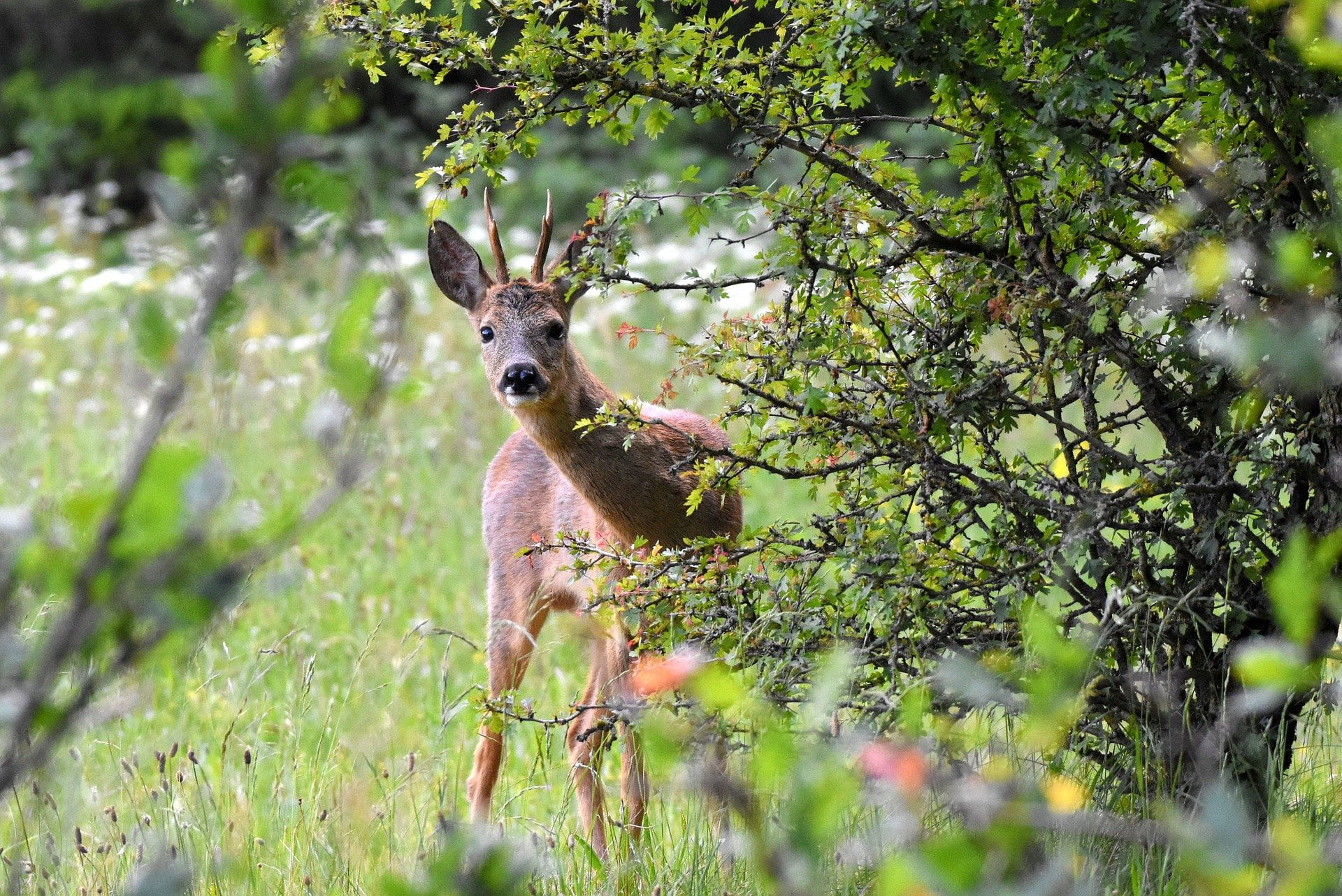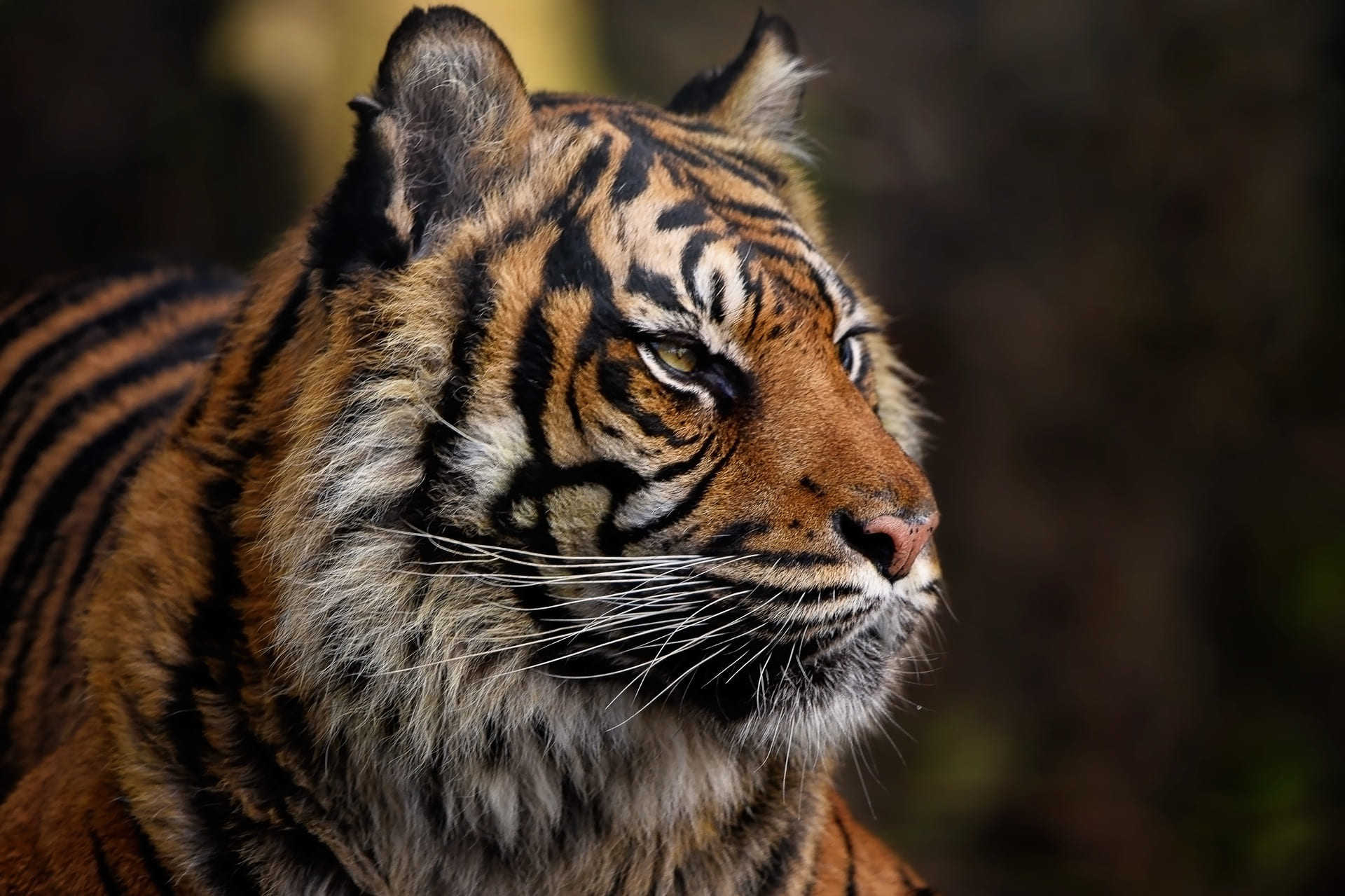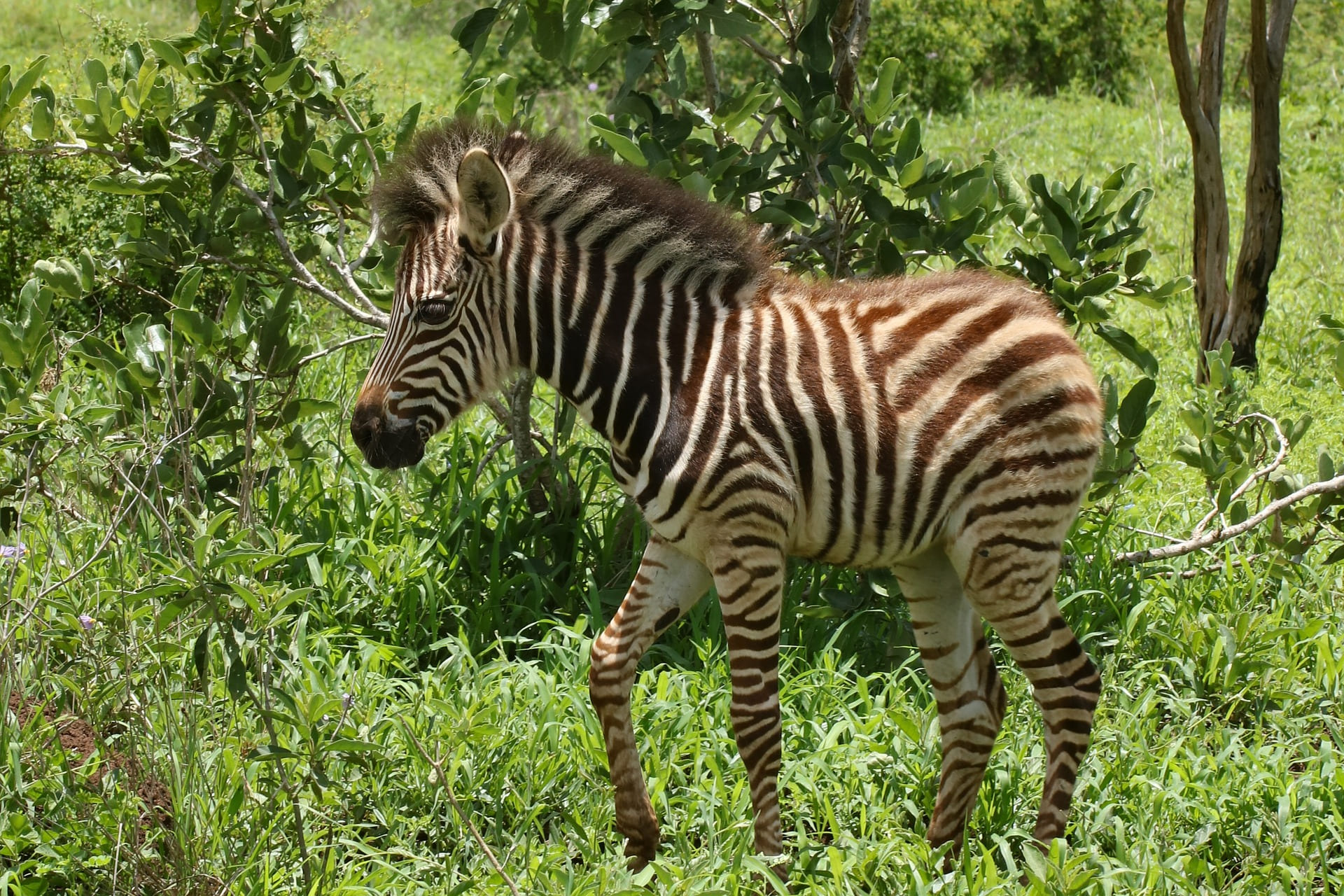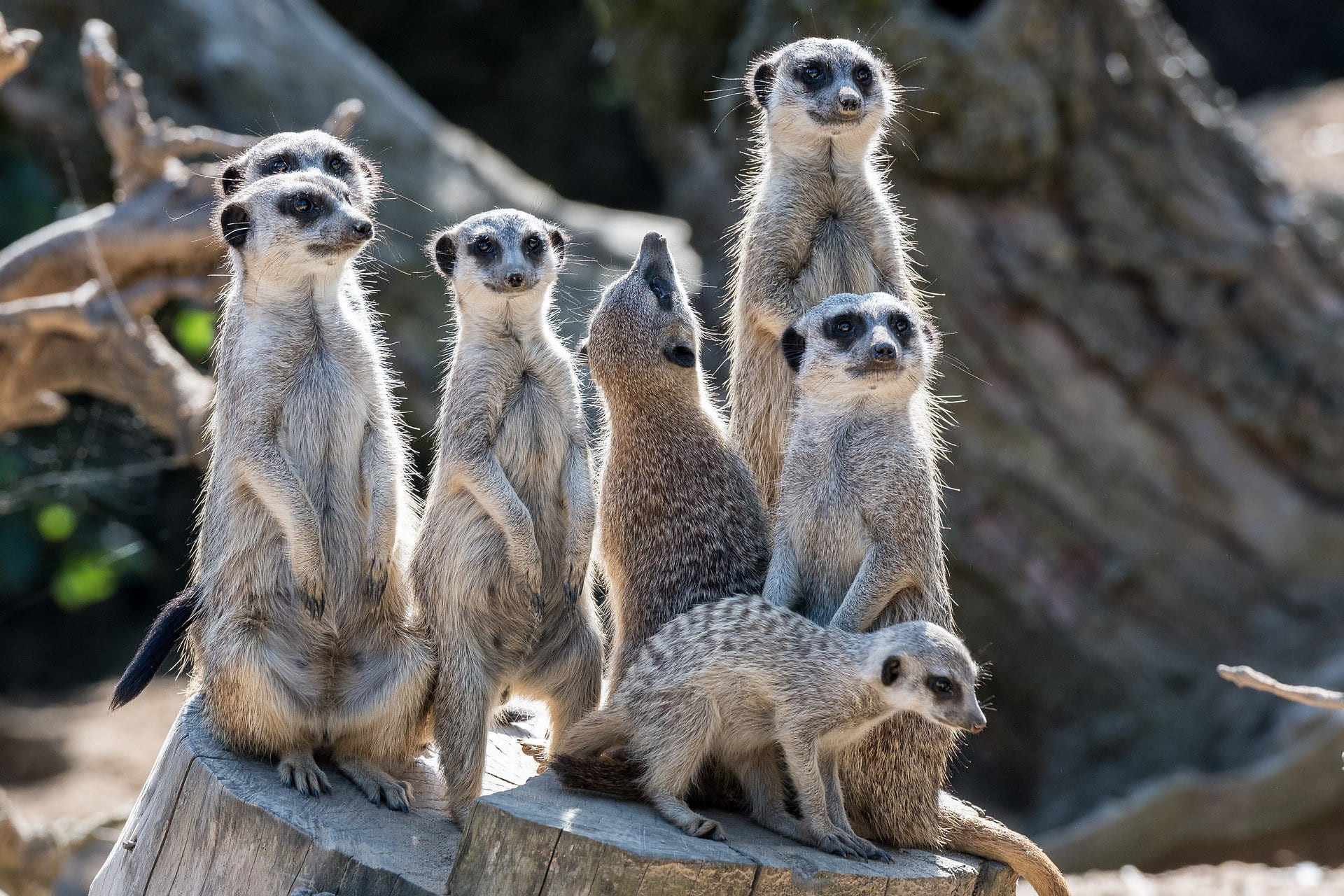- +91917992128
- [email protected]
About Podgorica
The Evolution of Zoo Enrichment Programs
Zoo enrichment programs have evolved significantly in recent years. These programs are designed to stimulate animals’ minds and bodies, encouraging them to engage in natural behaviors such as hunting, foraging, and socializing.
CONTACT US

Animal Conservation and Zoos
Zoos play a critical role in the conservation of endangered species!
Animal Welfare in
Modern Zoos
Zoos as Educational Resources
Zoos serve as educational hubs where visitors can learn about animal species, their habitats, and the environmental challenges they face. Educational programs for schools, families, and individuals encourage a deeper understanding of wildlife conservation.
Breeding for Endangered Species
Many zoos are involved in breeding programs designed to save endangered species. These programs increase genetic diversity, ensure the survival of threatened animals, and sometimes lead to reintroducing species into their natural habitats.
Animal Habitats in Zoos
Modern zoos prioritize creating enclosures that closely replicate animals' natural habitats. From savannah-like landscapes for big cats to tropical environments for primates, these spaces encourage natural behaviors and provide animals with the environment they need to thrive.
The Role of Zoos in Research
Zoos contribute significantly to scientific research, helping experts study animal behavior, genetics, and health. Research conducted in zoos can be used to improve conservation efforts and protect species in the wild.
Interactive Animal Experiences
Many zoos offer interactive experiences that allow visitors to engage with animals up close. From feeding giraffes to watching penguins swim, these experiences foster a personal connection to wildlife and inspire support for conservation efforts.
Supporting Local Ecosystems Through Zoos
Zoos don’t just focus on exotic animals from distant lands. Many zoos work to protect local wildlife and ecosystems, supporting conservation efforts close to home through habitat preservation and breeding programs for native species.
RECENT PROJECTS
- All
- Zoos
- Wildlife
- Animals





RECENT EVENTS

The Importance of Habitat Preservation for Wildlife Survival
Habitat preservation is one of the most critical factors in ensuring the survival of wildlife species. As human activities such as deforestation, agriculture, and urbanization continue to expand, natural habitats are shrinking at an alarming rate. This loss of habitat leads to decreased food sources, fewer breeding grounds, and increased competition among species.
Continue Reading . . .

How Zoos Promote Environmental Education
Zoos are valuable educational resources that play a key role in promoting environmental awareness and conservation. Through interactive exhibits, guided tours, and hands-on activities, zoos engage visitors of all ages, helping them understand the importance of protecting wildlife and natural ecosystems.
Continue Reading . . .

The Ethics of Keeping Animals in Zoos
The ethics of keeping animals in zoos has long been a subject of debate. While zoos provide opportunities for conservation, education, and research, concerns about animal welfare and captivity persist. Modern zoos have made significant improvements in their treatment of animals, but the question remains: is it ethical to keep wild animals in captivity?
Continue Reading . . .

Adapting to a Changing World: How Animals Are Responding to Climate Change
Climate change is affecting ecosystems across the globe, and animals are being forced to adapt to new environmental conditions. Rising temperatures, changing precipitation patterns, and shifting seasons are altering habitats, food availability, and migration patterns, forcing animals to find new ways to survive.
Continue Reading . . .



